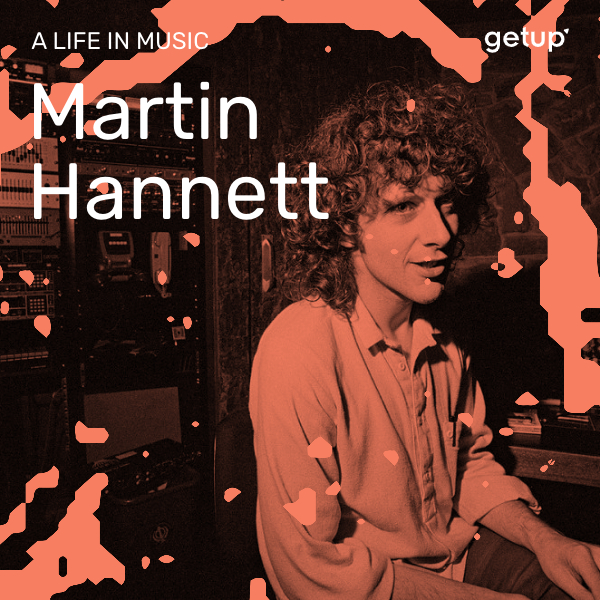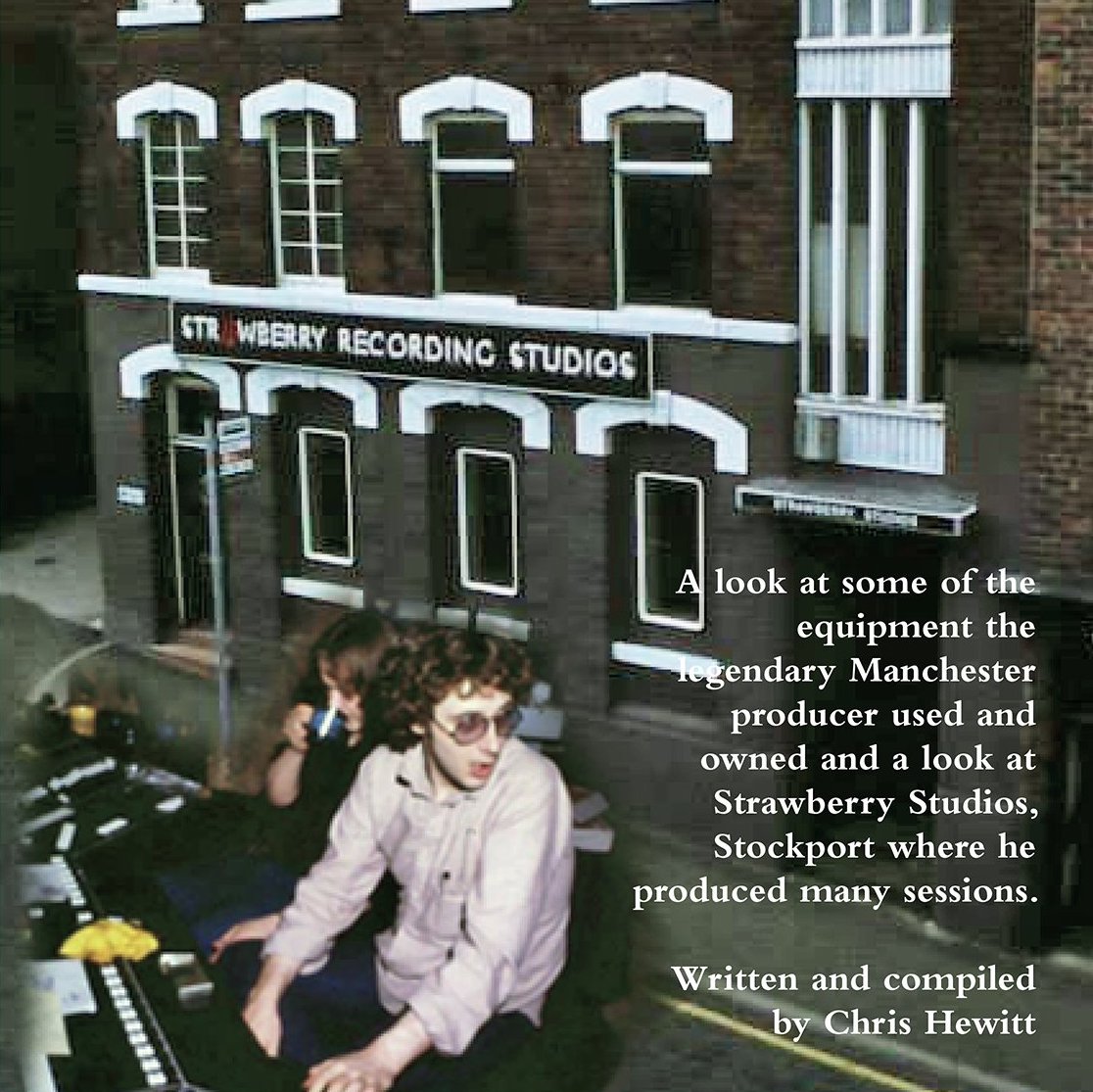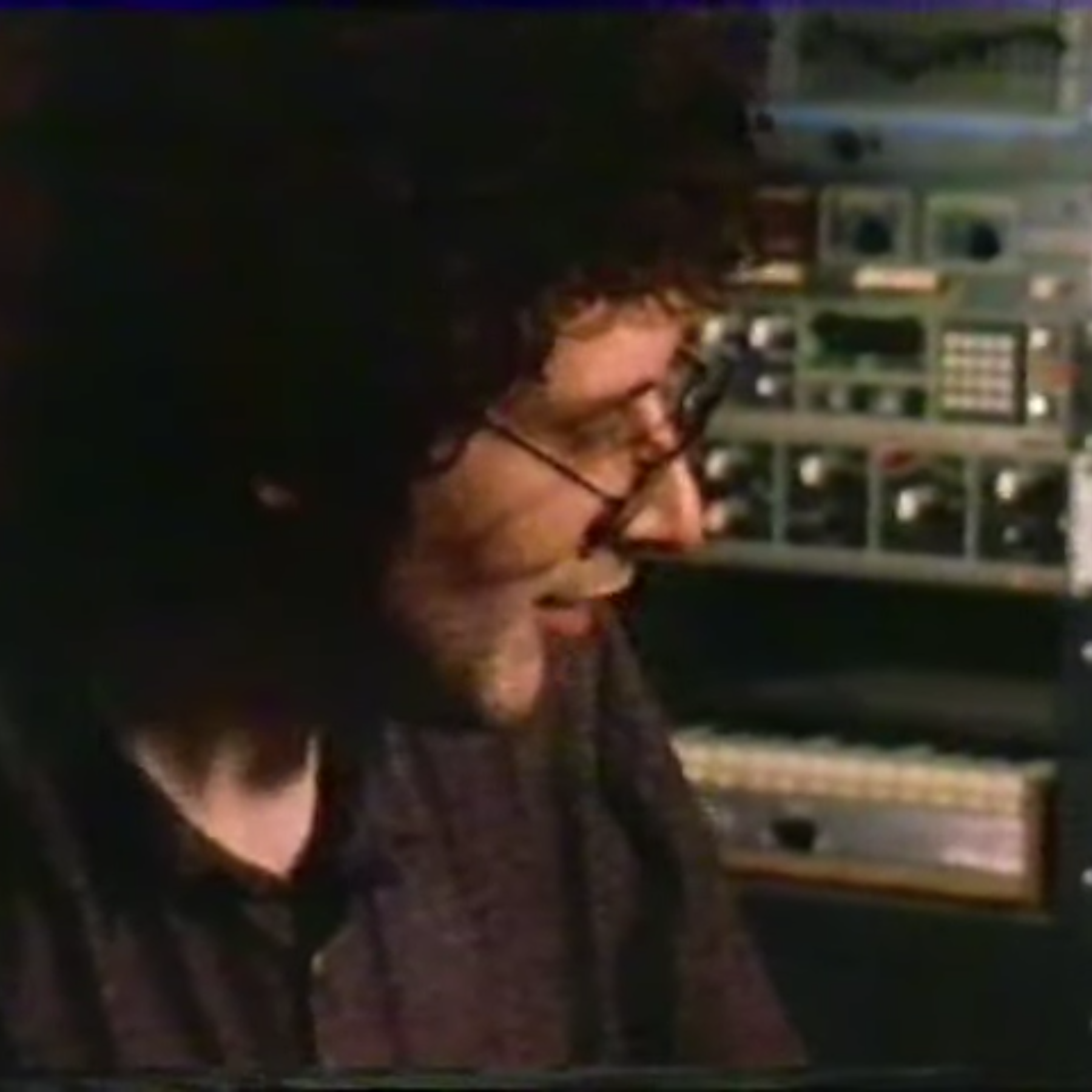Joy Division is often described as one of the most influential bands of the last 40 years. While this is no doubt true, talented as they were their influence would never have been so far-reaching had it not been for the architect of their sound, producer Martin Hannett. With something of a split personality, innovative techniques, and immense talent, during the late 70s and early 80s Hannett created one of the best discographies of the period. Perhaps more than any other producer, it reveals the moment in history where music was made up entirely of excess, genius, and drama, something of a fascination for the following generations, including my own.
Let’s begin with the album that will forever be known as his masterpiece, Unknown Pleasures (1979). Members of the group, including Peter Hook and Bernard Sumner, have never shied away from speaking about Hannett's enormous influence on the ‘Joy Division sound’ though Hook has often spoken about their artistic differences, him preferring their raw, punk sound to Hannett’s more refined productions, full of space and echo.
Although Hannett had in the past shown his ability to perfectly capture the power of live punk, such as the first Buzzcocks EP (1977), he quickly turned to experimenting with sound scapes, testing his ideas on the raw sounds of the groups who recorded in his studio. By channeling and directing their energy, Hannett managed to create a whole new sound, sometimes rather far removed from the expectations of his musicians.
The result of this was that some groups couldn’t stand working with him. Orchestral Manoeuvres in The Dark, who after having tried to work with him on "Electricity" and "Almost", took over production of their album after finding Hannett’s work too ‘torpid’ and overproduced. By way of comparison the two versions of "Electricity" are numbers 17 and 18 on this playlist.
As well as making bold artistic choices, his working methods were... different. Hannett would shut himself (and his drugs) away in his studio for nights on end until he was happy with the results. After entrusting him with the production of their first album Movement, New Order also broke it off with the producer, losing patience with the endless – and occasionally violent – recording sessions, as well as with Hannett’s excesses of all kinds. Their departure also marked a desire to take control of their own sound, which they felt had been lost at the hands of their rather eccentric producer.
This episode greatly affected Hannett and there followed a rather somber period during which he produced very little. There were some projects, however – the surprising Nocturne Flamboyant (1983) by the Franco-Turkish singer Armande Altai and the little-known All The Gods Men (1985) by the Irish band Blue In Heaven. Under Hannett’s aegis was to emerge another mythical group during this period; the Stone Roses with their double A-side “So Young/Tell Me” (1985) worked with Hannett on his own label, Thin Line. Having swapped heroin for whiskey and ecstasy, Hannett was back on track, producing the first album of Factory's new flagship group, Happy Mondays (1988).
Beyond all that he achieved, it is interesting to ask how far Hannett could have gone if fate had dealt him another hand. What if Ian Curtis hadn’t killed himself? What if Hannett’s addictions hadn’t kept him away from his studio? What if Tony Wilson hadn’t decided to invest all of Factory Record’s savings into The Haçienda, but rather into a high-tech studio for Hannett? We’ll never know the answer to these questions, so all that remains is to enjoy the contributions he made to the music world. Thank you, Mr. Hannett.








